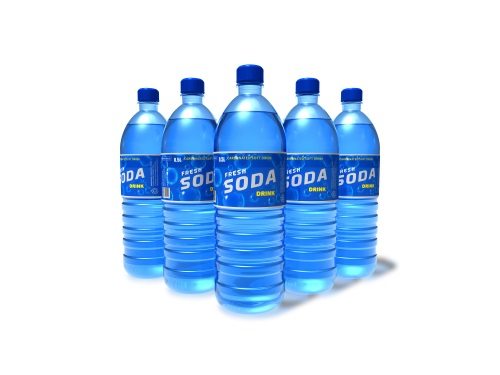Henkel has extended its Technomelt EM range with Technomelt EM 132-22.
The pressure sensitive adhesives range offers high-performance adhesives for polyethylene terephthalate (PET) and can labeling.
Technomelt EM 132-22 is a rubber-based labeling hotmelt, which is characterized by a low viscosity and a low application temperature.
The hotmelt adhesive shows very good bonding strength at an application temperature of 120 degree Celsius, which is 15 degrees Celsius lower than conventional hotmelts used for this application.
The low application temperature results in significant energy savings and a reduced risk of cracking of the adhesive.
This means the machine has to be cleaned and maintained less often and the production efficiency is improved.
The stress on the processed material, like the label, can be reduced significantly due to the lower temperature.
Despite the lower viscosity, the EM 132-22 offers the same adhesion as its precursor, the EM 362.
For high speed labeling machines, the low-viscosity hotmelt guarantees a precise adhesive application with spray system, without stringing.
Using the adhesive
A beverage bottler in Italy invested in new labeling machines for PET labeling.
However retailers and consumers complained about bottles where the edge of labels came off.
The previous adhesive was therefore replaced by Henkel’s Technomelt EM 132-22.
The labels overcome the cold test over 48 hours at minus five degree Celsius and the heat test over 48 hours at 55 degree Celsius.
The adhesive showed higher adhesion in the ‘hot tack’, as well as with its more durable overlap bonding.
This is achieved with a lower and more energy efficient application temperature of 120 degree Celsius, which is 10-15 degree lower as with the former used adhesive.










